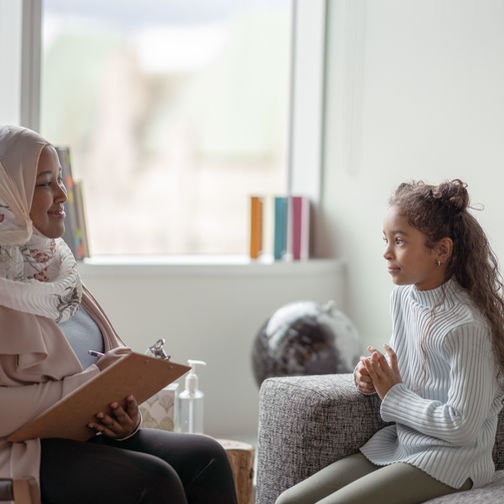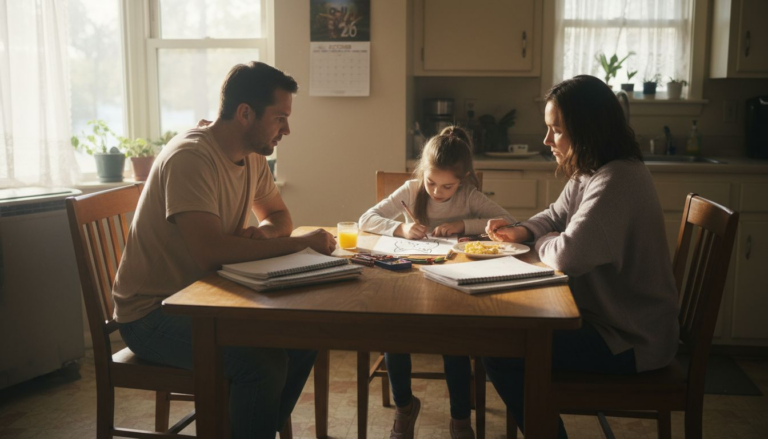When child custody is contested, parents often wonder if a judge will let the child decide where they want to live. In North Carolina, a child’s wishes can be considered—but they are not determinative. The court’s primary focus is the best interest of the child, not just their preference.
In this post, we’ll break down how child custody decisions are made in North Carolina and when a child’s voice can play a role in the outcome.
How Is Custody Determined in North Carolina?
Under N.C. Gen. Stat. § 50-13.2, custody is determined based on the best interest of the child, which involves a number of factors, including:
- Each parent’s ability to provide a stable home
- The child’s relationship with each parent
- Any history of domestic violence or substance abuse
- The emotional and physical well-being of the child
- The parenting history and caregiving roles of each parent
While the child’s wishes can be considered, they are only one part of the overall analysis.
Is There a Legal Age When a Child Can Decide?
No. North Carolina does not set a specific age at which a child can legally choose which parent to live with. However, judges may give more weight to a child’s opinion if the child is mature enough to express a reasonable and well-informed preference.
Generally:
- Children under 10 are rarely considered mature enough to express a reliable preference
- Children aged 12 and older may be given more serious consideration
- Teenagers’ preferences carry more weight, but are not binding
How Does a Judge Hear the Child’s Preference?
The judge may choose to:
- Interview the child in chambers (in private), without the parents present
- Appoint a guardian ad litem (GAL) to investigate and report on the child’s best interest
- Consider input from therapists, counselors, or teachers
The child’s input must be voluntary and free of parental pressure. If it appears a child has been manipulated or coached, the court may disregard the preference entirely—or even hold it against the influencing parent.
What If My Child Refuses to Go to the Other Parent’s House?
Even if a child says they don’t want to go, existing custody orders must still be followed. If a parent allows a child to violate a custody schedule, they could face contempt charges or enforcement actions.
Parents should:
- Document the child’s concerns
- Avoid coaching or encouraging refusal
- Speak with an attorney about a possible custody modification
Can a Child Testify in Court?
Children can testify in North Carolina custody cases, but it’s rare and discouraged unless absolutely necessary. Judges are generally reluctant to place children in the middle of a legal battle.
Alternatives include:
- In-chambers interviews with the judge
- Testimony from GALs, counselors, or social workers
Should I Let My Child Choose?
Even when older children express strong opinions, it’s important for parents to understand that:
- Judges will still consider the overall circumstances
- Courts want to preserve the child’s relationships with both parents
- A child’s preference may reflect temporary frustration, not a stable choice
Working with a family law attorney ensures your case is presented with clarity, credibility, and care for the child’s true best interests.
✅ Quick Takeaways:
- There’s no set age where a child gets to choose in NC
- A child’s wishes may be considered based on maturity and reasonableness
- The court always decides custody based on the child’s best interest
- Judges may speak privately with the child or appoint a guardian ad litem
Speak with an Experienced Custody Attorney in Hickory, NC
At King & Rowe, Attorneys at Law, we help parents across Catawba, Burke, and Caldwell Counties navigate custody issues with compassion and strategic guidance. Whether you’re seeking custody or facing a modification request, we can help you understand how your child’s wishes may (or may not) affect the outcome.
📞 Schedule a consultation today and let us help protect what matters most. 828-466-3858
###



